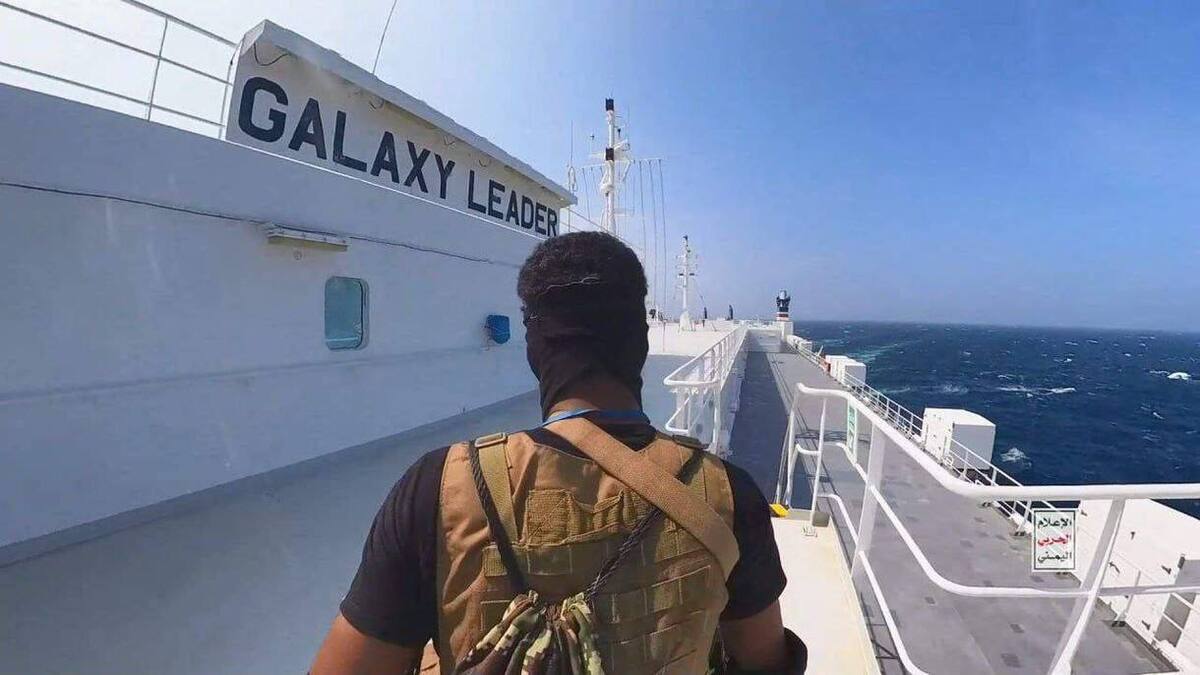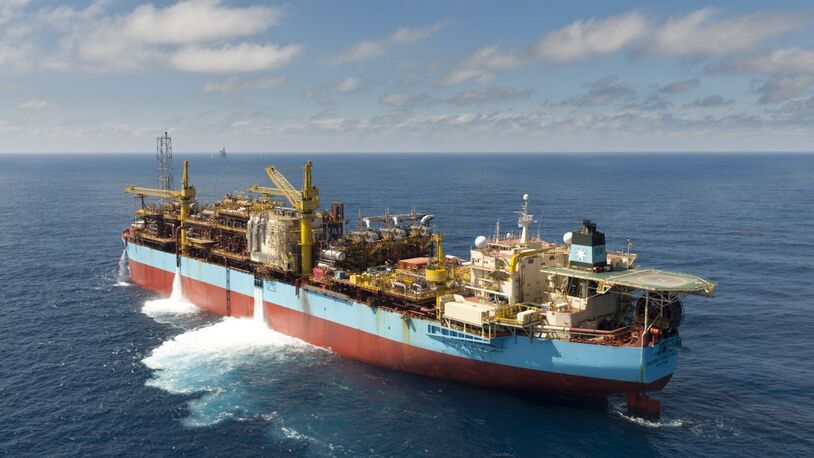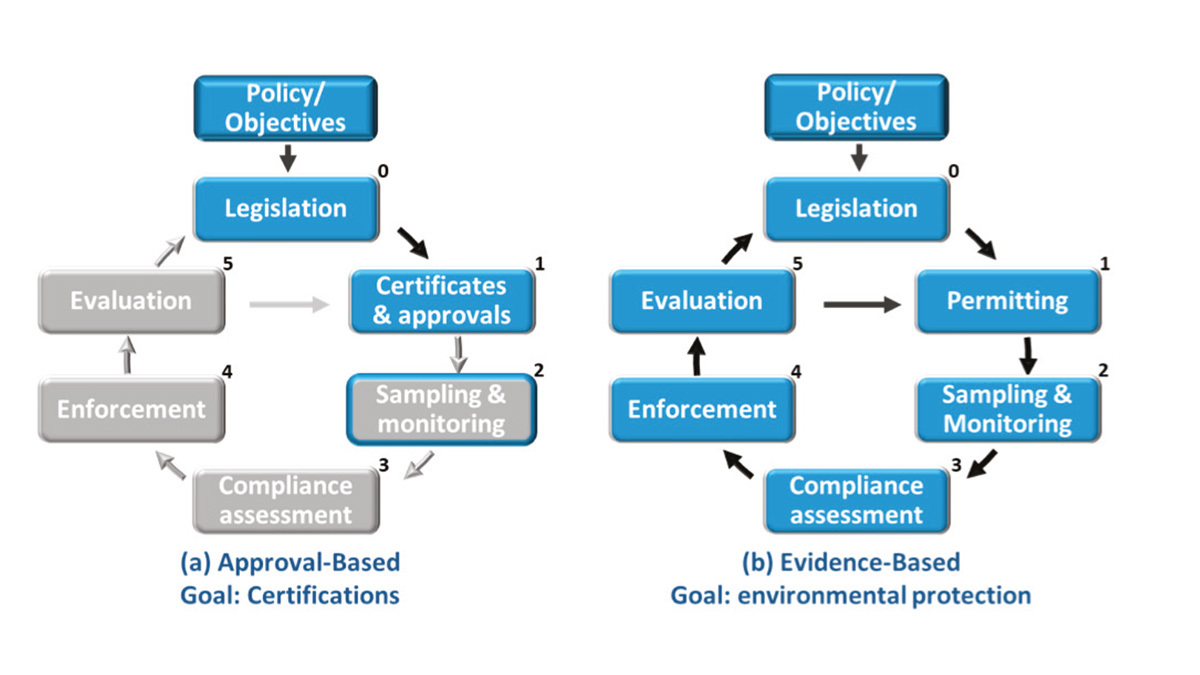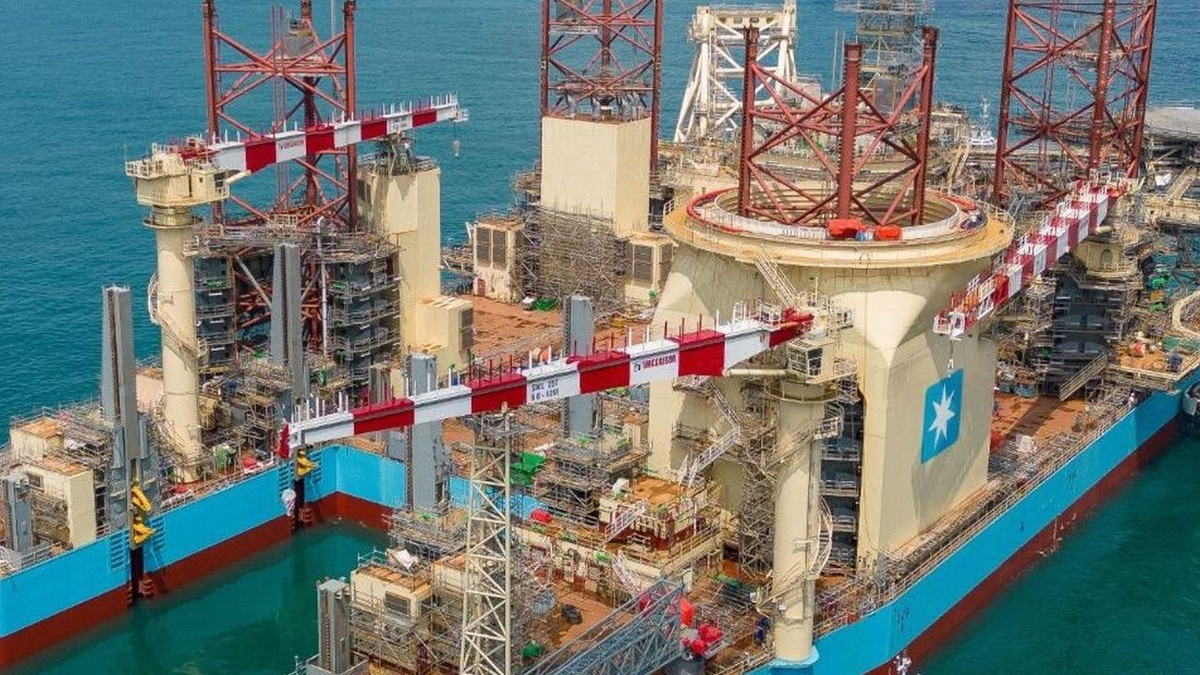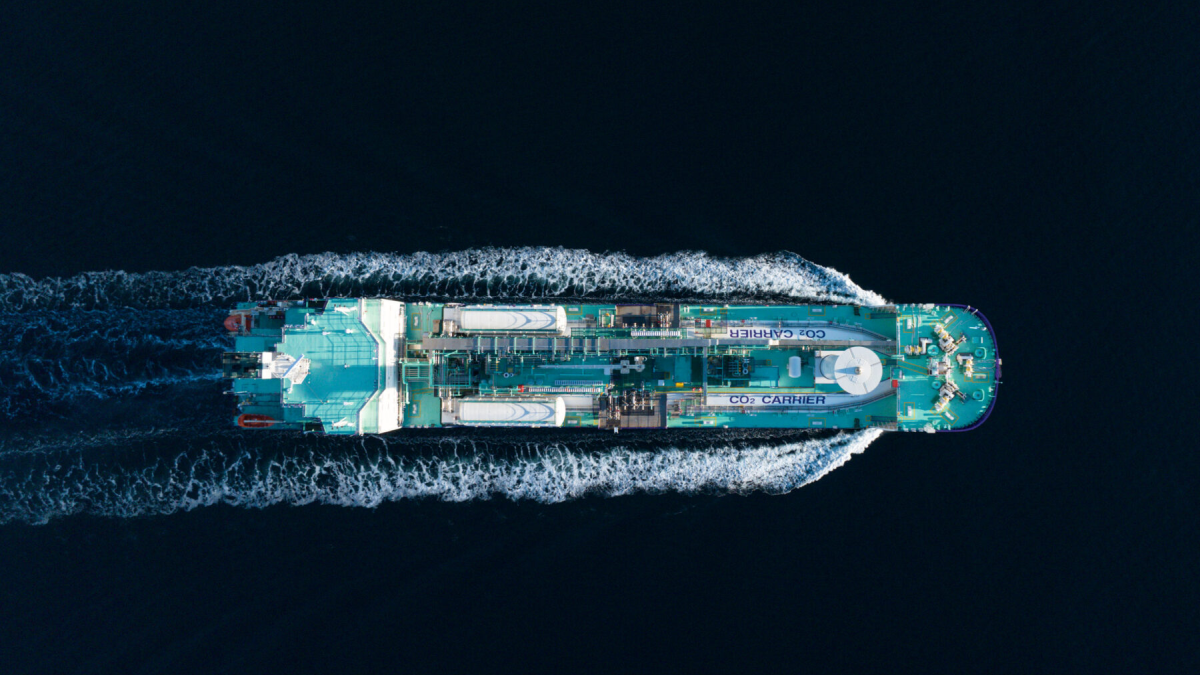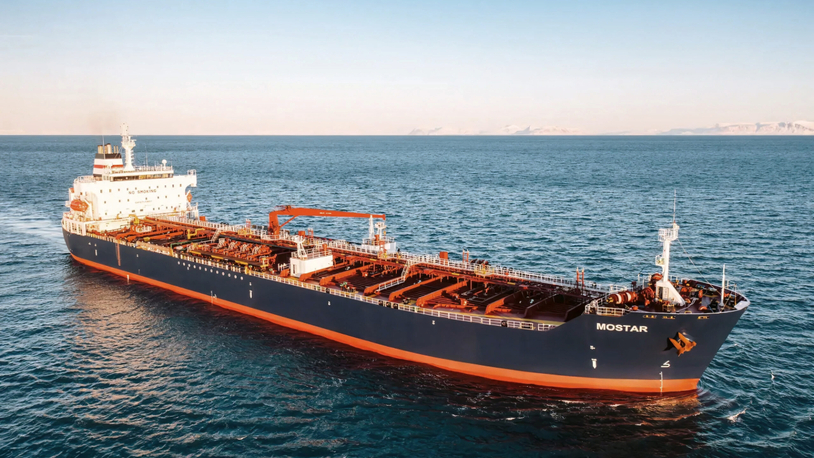Business Sectors
Events
Floating energy: successfully unlocking stranded gas using FLNGs and FSRUs
Contents
Register to read more articles.
Surge in Russian crude flows through the Red Sea amid ongoing disruptions
Russian crude oil exports to Asia through the Red Sea are experiencing a significant surge, following the European import embargo, remaining largely unaffected by the Houthi attacks
According to Kpler data, 83% of Western Russian crude flows have transited the Suez Canal so far this year, with 16% directed to three refineries in Turkey. A small fraction of the remaining volumes has been transported through alternative routes, including the Cape of Good Hope and the Northern Sea Route.
Notably, in 2024, Russian crude accounted for between 50% and 70% of crude transits through the Suez Canal, depending on the month. Kpler analysts pointed out that Houthis have largely avoided targeting Russian vessels, allowing these transits through the Suez to continue uninterrupted.
40% decline in total flows
Overall, the share of global seaborne crude volumes passing through the Red Sea dropped to 6% in August, down from a peak of 12% in April 2023. This represents a 40% decline compared with the 12-month period ending in October 2023. In fact, total crude shipments via the Red Sea fell to 2.48M barrels per day in August, the lowest level since January 2022, following a severe attack on the tanker Sounion.
However, despite the heightened risks associated with the Bab-El-Mandeb Strait, non-Russian crude continues to flow through the Suez Canal, albeit at a much lower levels, driven by a favourable West-East price differential, according to Kpler analysts.
In addition to crude oil flows, Kpler reported a significant reduction in clean product shipments through the Suez Canal. Jet fuel cargo volumes have plummeted to just 2% of global flows, down from 30% before October 2023. Similarly, gasoil and diesel flows have decreased to 5% from 15%, while naphtha shipments have shrunk to 3% from 15% over the same period.
“Disruptions likely to persist for months or years”
Kpler’s analysis suggests disruptions in the Red Sea region are likely to persist. Houthis are expected to continue targeting vessels attempting to transit the Bab-El-Mandeb Strait for the foreseeable future.
"We believe it could take many months or even years before trade flows through the Red Sea return to levels seen before the conflict in Gaza," the analysts stated.
Even if Houthi attacks diminish temporarily, a return to pre-crisis norms seems unlikely. Insurers remain cautious, and established trade routes are difficult to redirect once ingrained.
Additionally, efforts by the Biden administration to broker a ceasefire have seen little interest from either Israel or Hamas, making a resolution unlikely in the near term, according to Kpler.
On another concerning note, tensions along Israel’s northern border with Lebanon have escalated, with Hezbollah and the Israeli Defense Force exchanging rocket fire. "The possibility of direct conflict between these groups is growing, with tensions steadily rising throughout the year," Kpler analysts added.
Riviera’s Tanker Shipping & Trade Conference will be held in London, 22 October 2024. Click here for more information on this industry-leading event.
Related to this Story
Events
Maritime Regulations Webinar Week
Floating energy: successfully unlocking stranded gas using FLNGs and FSRUs
© 2024 Riviera Maritime Media Ltd.


